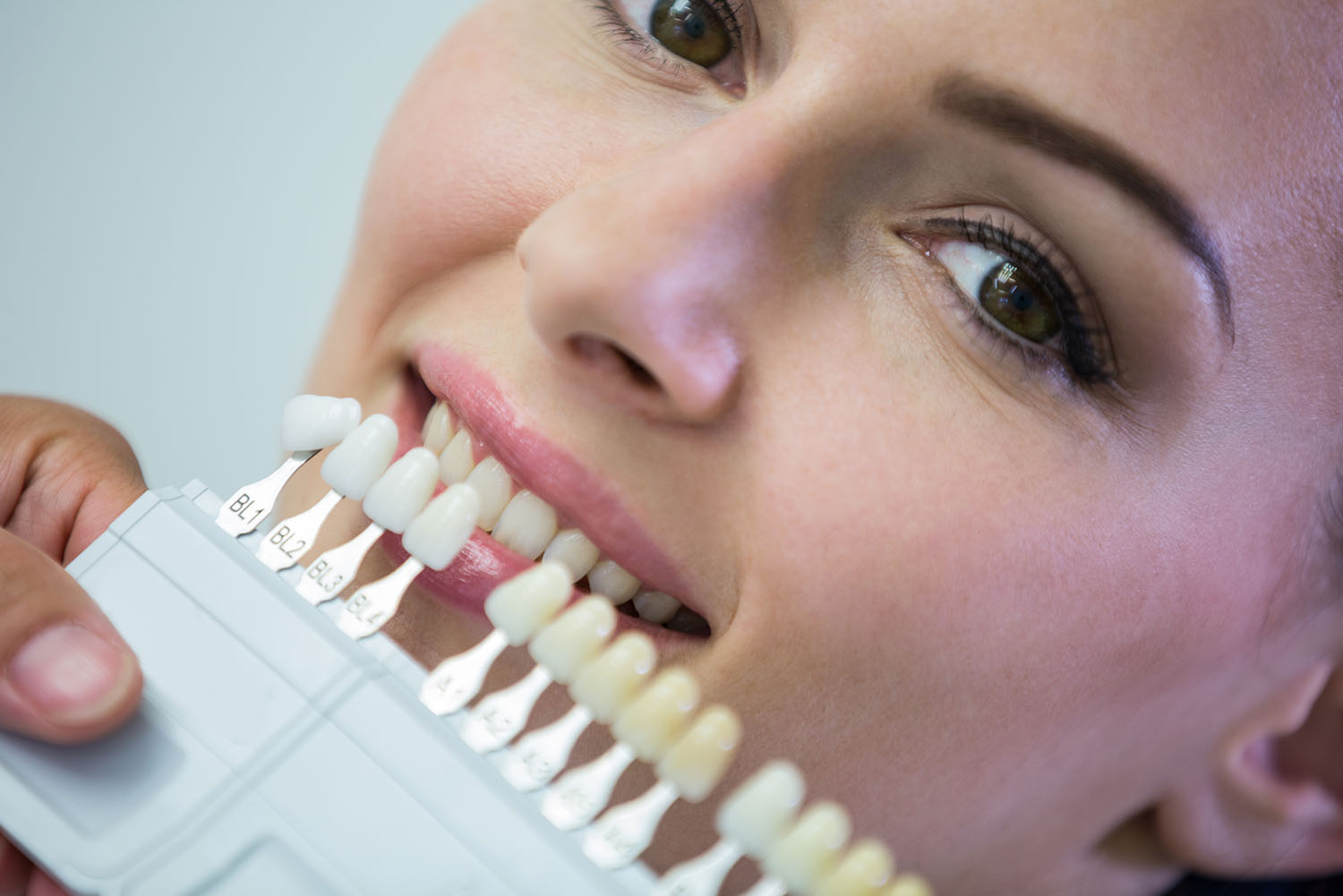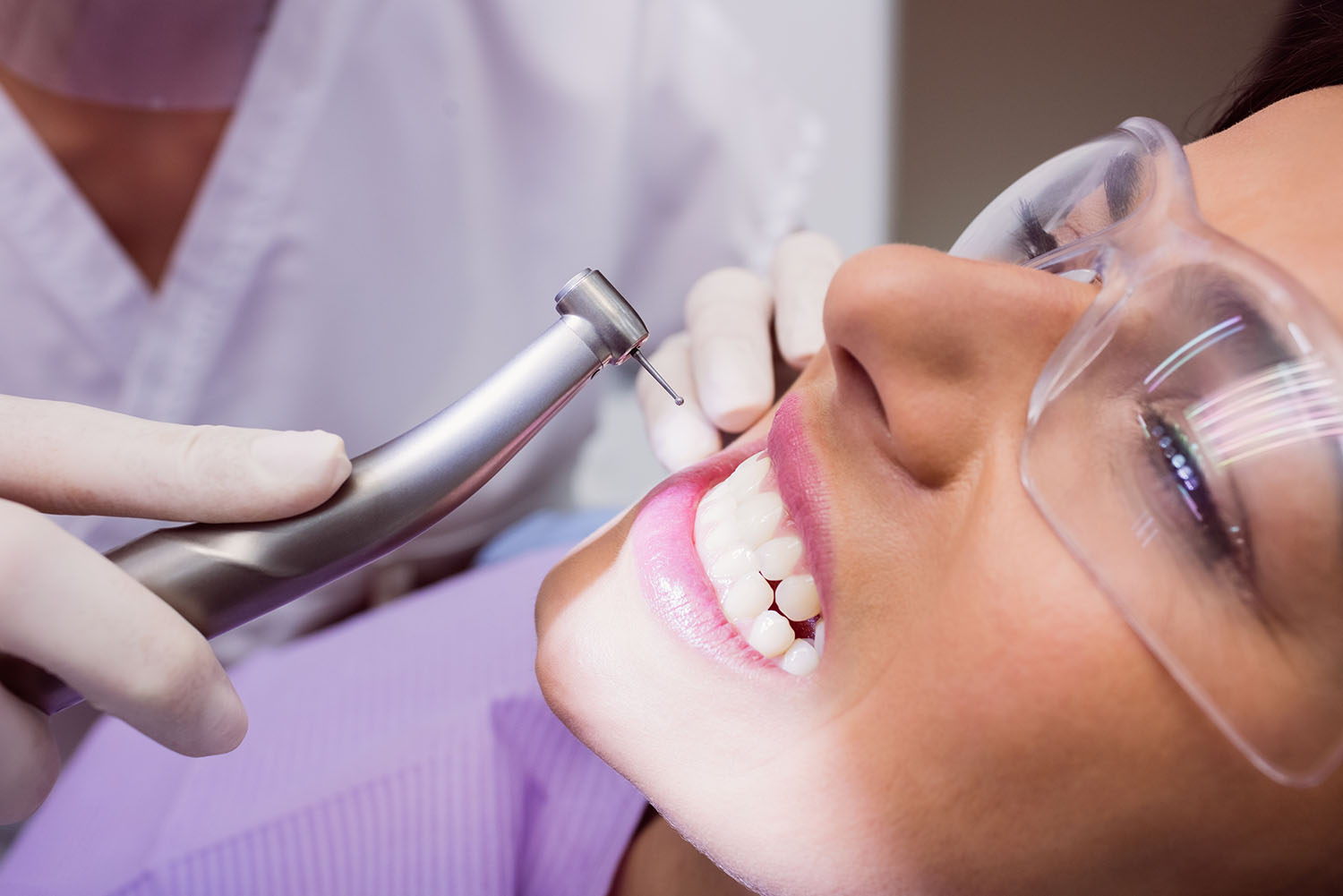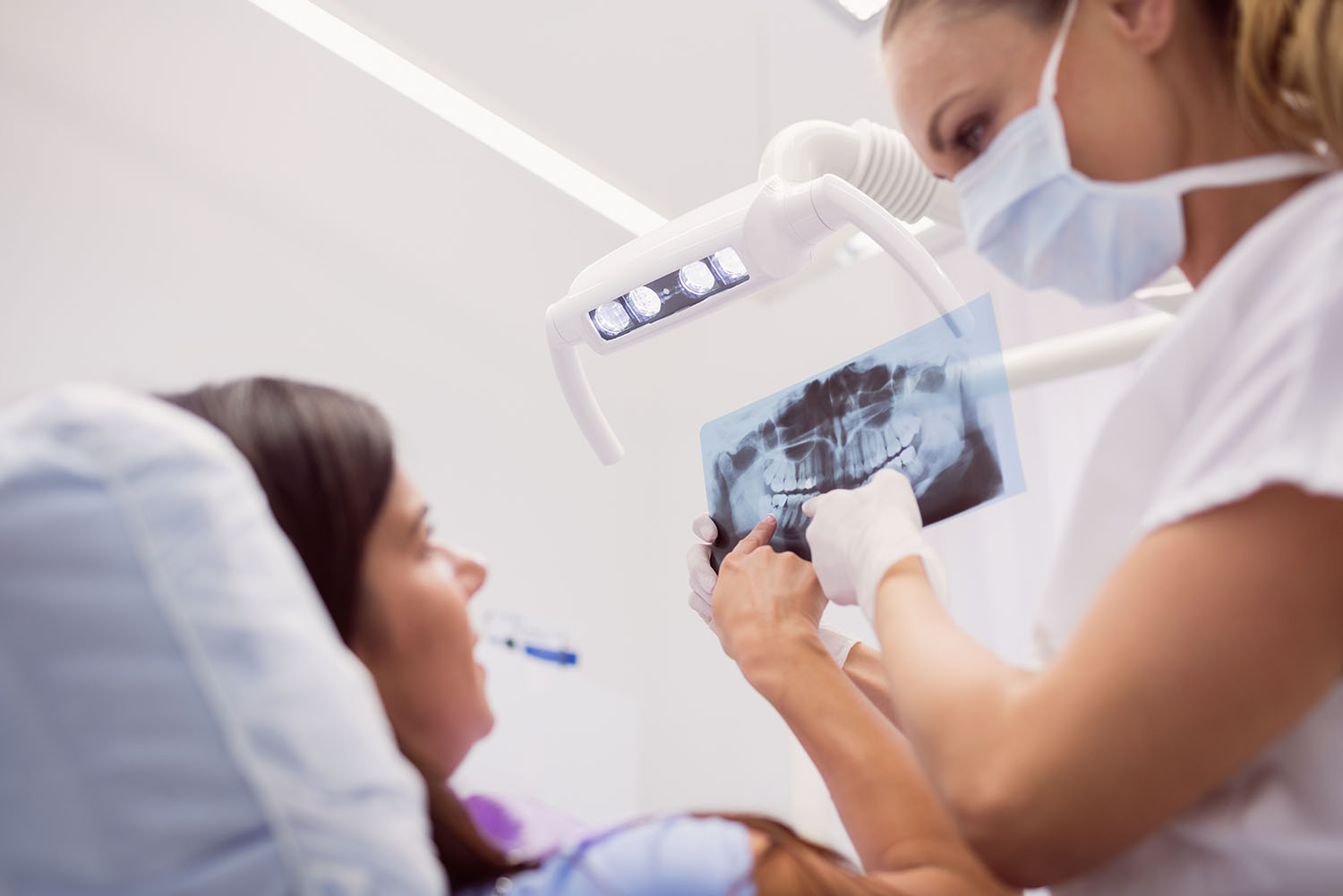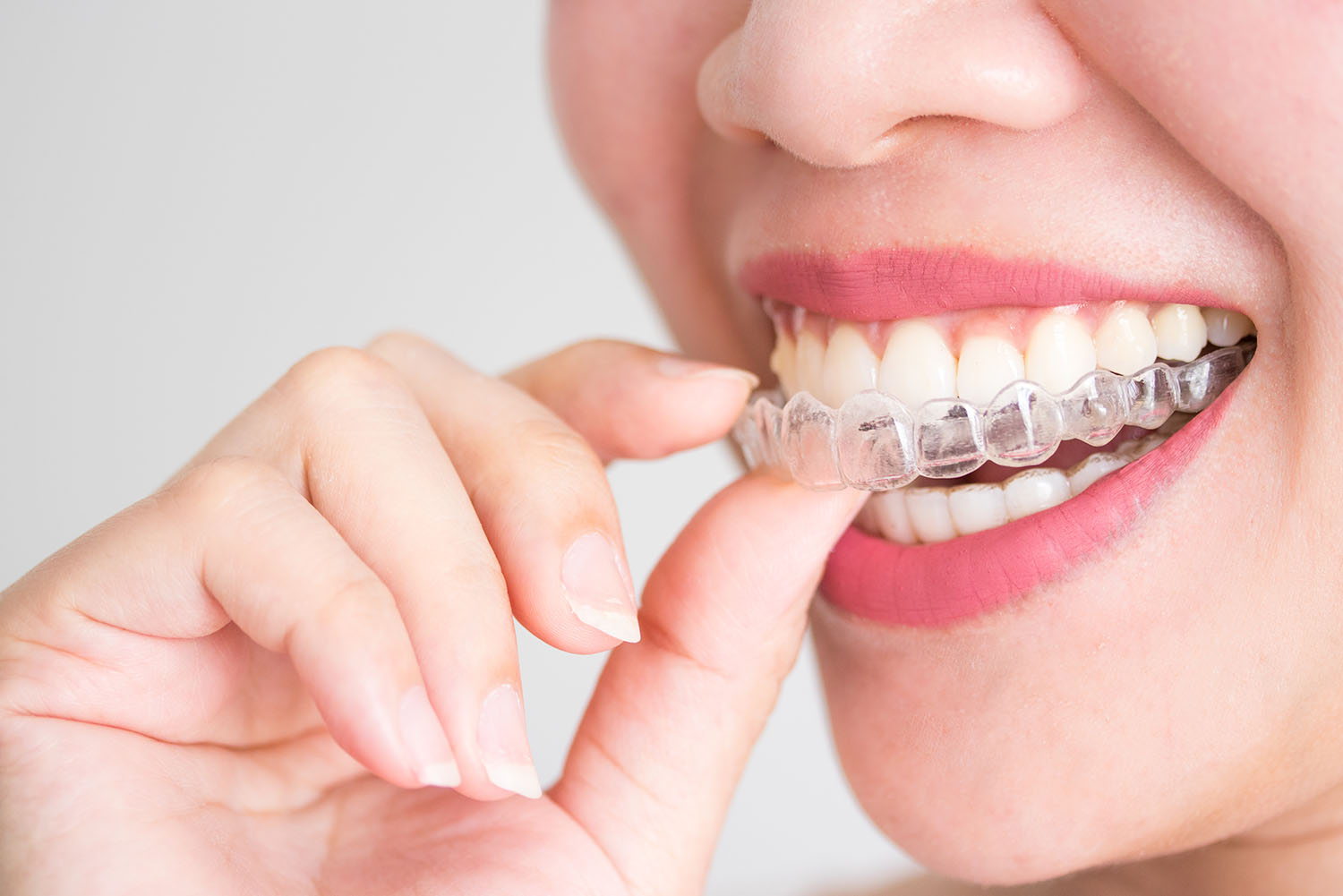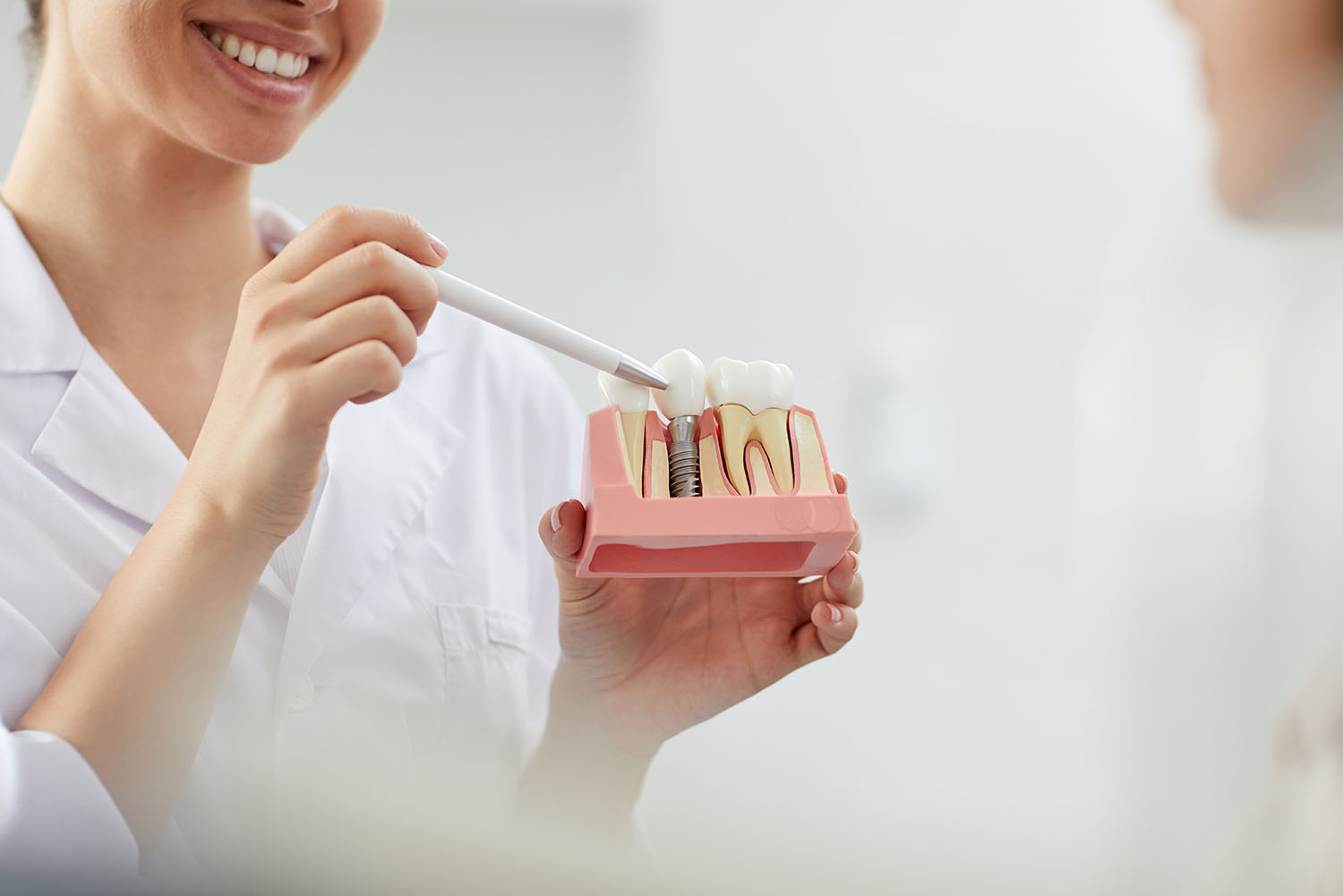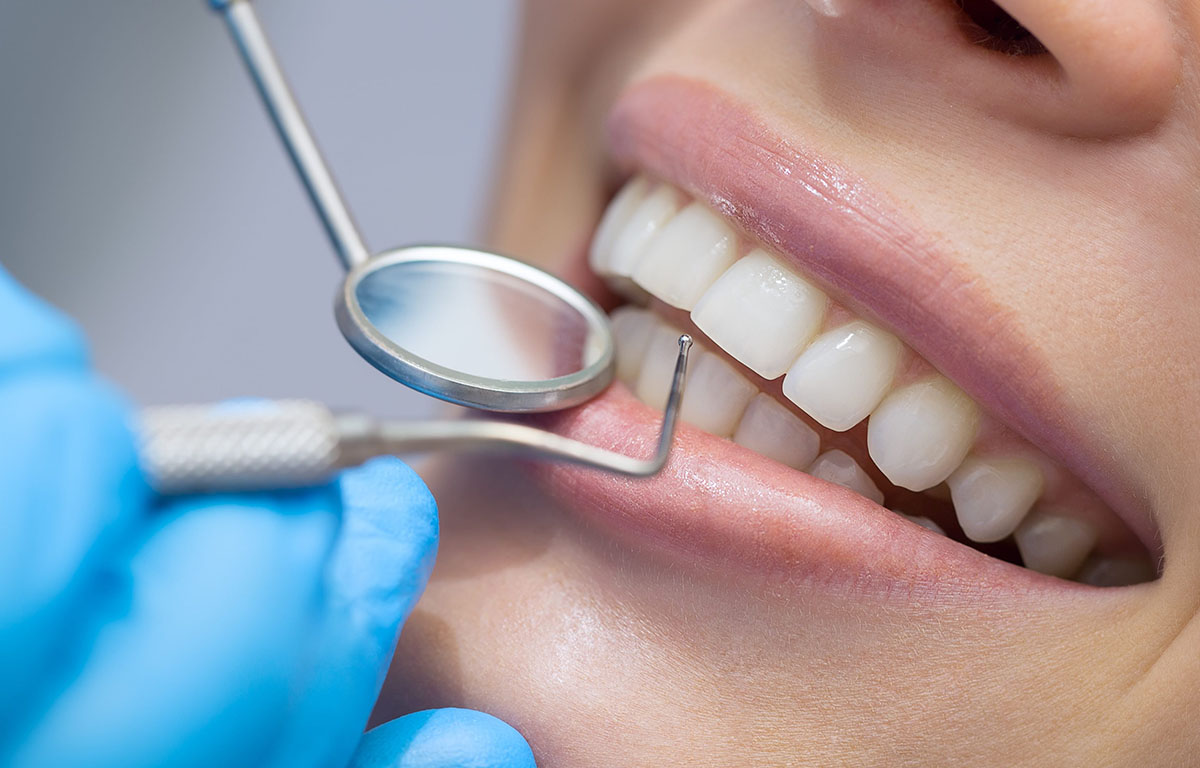ANTALYA DENTAL HOSPITAL
Treatments and procedures
Frequently Asked Questions About Dental Health
FAQs
Our FAQs are the most commonly-asked questions put to our Dental Helpline over the last year. If you have a question for us, you can ask our Dental Helpline by telephone or email. Alternatively, please take a look at our library of oral health information, which contains a wide range of oral health advice in an easy-to-understand Q&A format.
Lots of small signs can show that you have bad breath. Have you noticed people stepping away from you when you start to talk? Do people turn their cheek when you kiss them goodbye?
If you think you might have bad breath, there is a simple test that you can do. Just lick the inside of your wrist and sniff – if the smell is bad, you can be fairly sure that your breath is too.
Or, ask a very good friend to be absolutely honest with you; but do make sure they are a true friend.
You should not use a mouthwash just to disguise bad breath. So, if you find that you are using a mouthwash all the time, talk to your dental team. There are many mouthwashes that are specially formulated to help prevent bad breath and gum disease. Some mouthwashes that contain chlorhexidine, and are recommended for gum disease, can cause tooth staining if you use them for a long time. It is important to read the manufacturer’s instructions or ask how to use them.
Usually, dentists prefer to avoid dental x-rays during pregnancy if possible. However, if you need root canal treatment you may need to have an x-ray.
Some of the shiny, outer enamel surface of the tooth may be removed, to make sure that the veneer can be bonded permanently in place later. The amount of enamel removed is tiny and will be the same as the thickness of the veneer to be fitted, so that the tooth stays the same size.
A local anaesthetic (injection) may be used to make sure that there is no discomfort, but often this is not needed. Once the tooth has been prepared, the dental team will take an ‘impression’ (mould). This will be given to the dental technician, along with any other information needed to make the veneer.
The colour of the surrounding teeth is matched on a shade guide to make sure that the veneer will look entirely natural.
Your Best Smile Starts Here
Follow along as Antalya Dental Hospital expert dentists share the latest oral health trends that impact you and your family’s overall health. Dentistry and Oral Health Blog is a rich source of information about dentistry, dental care, tips, news and more. Subscribe to our blog, newsroom and social media.

